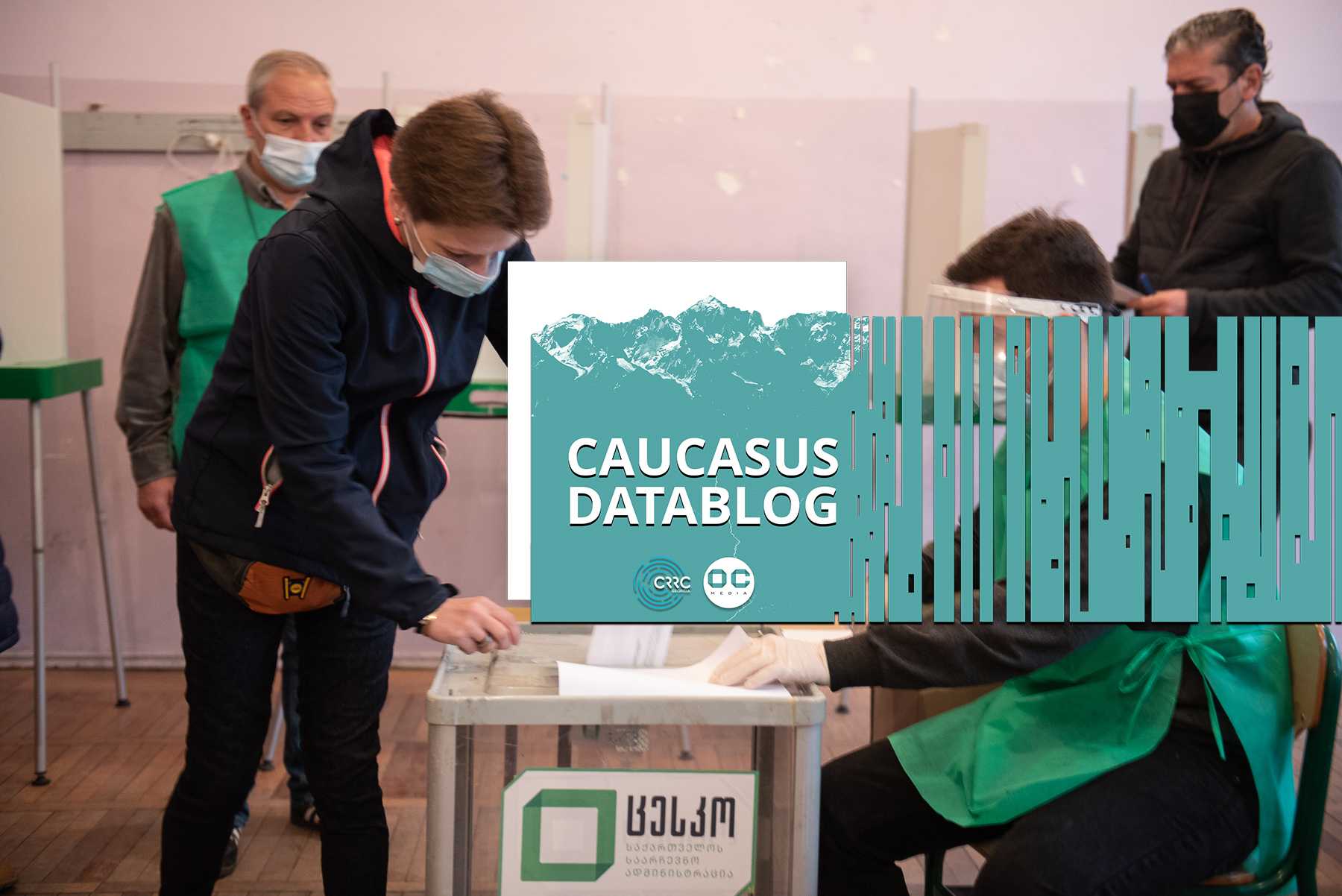
The Ministry of Defense of Georgia is suing former Defence Minister and owner of the Formula television channel Davit Kezerashvili as well as the former Head of the Procurement Department Aleksandre Ninua. News of the lawsuit broke two days before Georgia’s municipal elections.
According to the press service of the Ministry of Defence, they are seeking ‘compensation for damage caused by a criminal act.’
The Ministry has accused Kezerashvili of ‘appropriating a large amount of budgetary funds of the Ministry of Defence’ by way of an ‘improper fulfillment of obligations’ that were ‘imposed’ on him by Aleksandre Ninua.
On September 7, Kezerashvili, who owns 51% of the Formula television channel — which is often critical of the ruling Georgian Dream party — was sentenced to 10 years imprisonment in absentia by the Supreme Court.
Kezerashvili was an ally of former Georgian President Mikheil Saakashvili before he came to power in 2003, and has been mostly out of the public eye since retiring from politics in 2008.
He currently lives in the United Kingdom.
[Read more on OC Media: Former Georgian Defence Minister and media magnate found guilty in absentia]
An attempt to silence critical media?
Formula staff have condemned the lawsuit as an attempt to silence critical media before a pivotal election.
‘Whatever scenario the events will unfold, even if we have a special manager appointed today or tomorrow or any other measure […] exit polls will be reported on some Georgian channel anyway’, Formula director, Zuka Gumbaridze, warned during an emergency broadcast on 30 September.
Gumbaridze claimed that the latest move by the government was connected to Formula airing a public opinion survey that they commissioned to Edison Research on 27 September.
The poll suggested Georgian Dream will likely receive less than 43% of the vote in the 2 October election.
The Charter of Journalistic Ethics, a media rights watchdog, has called on Georgian authorities not to interfere with the activities of Formula. ‘Such an action before the elections may serve to hinder the activities of media outlets critical of the government’, the statement reads.
In April, as part of an EU-brokered agreement with opposition parties, Georgian Dream agreed to call an early parliamentary election provided they received less than 43% votes in the municipal elections — before changing their mind and reneging on the agreement.
Nevertheless, many opposition groups have stressed that despite Georgian Dream’s 180 degree turn on the issue — the municipal elections are still, in effect, a referendum on Georgian Dream and a likely precursor to early parliamentary elections.









